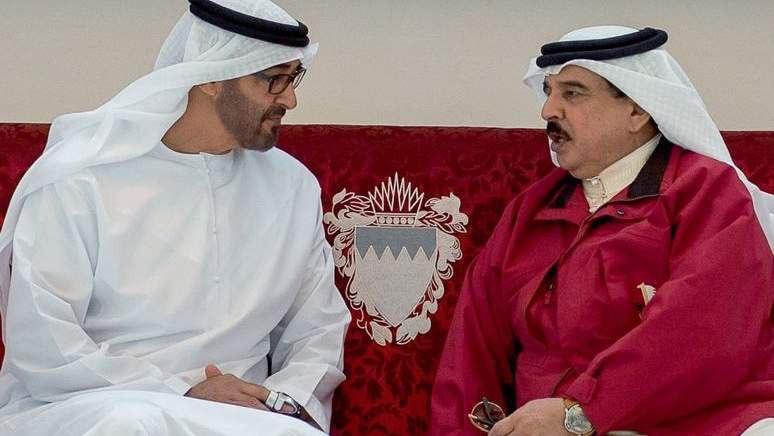Bahrain's King Hamad bin Isa Al Khalifa recently signaled a potential shift in the kingdom's relationship with Iran. During a meeting with Russian President Vladimir Putin, King Hamad expressed his desire for improved relations between the two nations, even suggesting there was "no reason to postpone" the resumption of diplomatic ties. This statement marks a significant development, considering Bahrain severed diplomatic relations with Iran in 2016 amidst heightened regional tensions.
The historical friction between Bahrain and Iran stems from a complex interplay of sectarian and political differences. Bahrain, a Sunni-ruled monarchy, has long accused Iran, a Shi'ite-majority theocracy, of meddling in its domestic affairs and inciting unrest among its Shi'ite population. Iran, on the other hand, has consistently denied these allegations and has criticized Bahrain's human rights record, particularly regarding the treatment of its Shi'ite citizens.
King Hamad's recent comments come amidst a period of heightened diplomatic activity in the region. Notably, Bahrain's Foreign Minister Abdullatif al-Zayani visited Tehran earlier this week to offer condolences following the death of Iranian President Ebrahim Raisi. This visit, while ostensibly focused on offering sympathies, could be interpreted as a backchannel attempt to initiate dialogue between the two countries.
Analysts believe that several factors might be driving Bahrain's apparent shift in stance towards Iran. Firstly, the ongoing war in Yemen has highlighted the need for regional cooperation to address shared security concerns. Iran-backed Houthi rebels continue to wage war against Yemen's Saudi-backed government, creating instability on Bahrain's doorstep. Bahrain, alongside other Gulf states, has been a key member of the Saudi-led coalition fighting the Houthis. A potential thaw in relations with Iran could pave the way for a more inclusive regional approach to resolving the Yemeni conflict.
Secondly, the recent global energy crisis has cast a spotlight on the importance of the Gulf region's oil and gas reserves. Both Iran and Bahrain are significant oil producers, and improved relations could lead to increased cooperation in the energy sector, potentially benefiting both nations economically.
Finally, the ongoing nuclear talks between Iran and world powers might also be influencing Bahrain's calculations. If the talks are successful and lead to a renewed nuclear deal, it could create a more stable and predictable security environment in the region, potentially easing some of Bahrain's concerns regarding Iran's nuclear ambitions.
However, significant hurdles remain on the path to improved relations. The issue of Iranian influence in the region, particularly its support for Shi'ite militias, continues to be a sticking point. Additionally, Bahrain's domestic political dynamics and its close ties with Saudi Arabia, which maintains a hawkish stance towards Iran, could complicate the process of rapprochement.
Despite the challenges, King Hamad's recent comments mark a noteworthy development and suggest a growing willingness within Bahrain to explore the possibility of improved relations with Iran. Whether this newfound openness translates into concrete steps towards normalization remains to be seen. The coming months will likely reveal the extent to which Bahrain is prepared to act on its stated desire for a thaw in relations with its long-time adversary.

